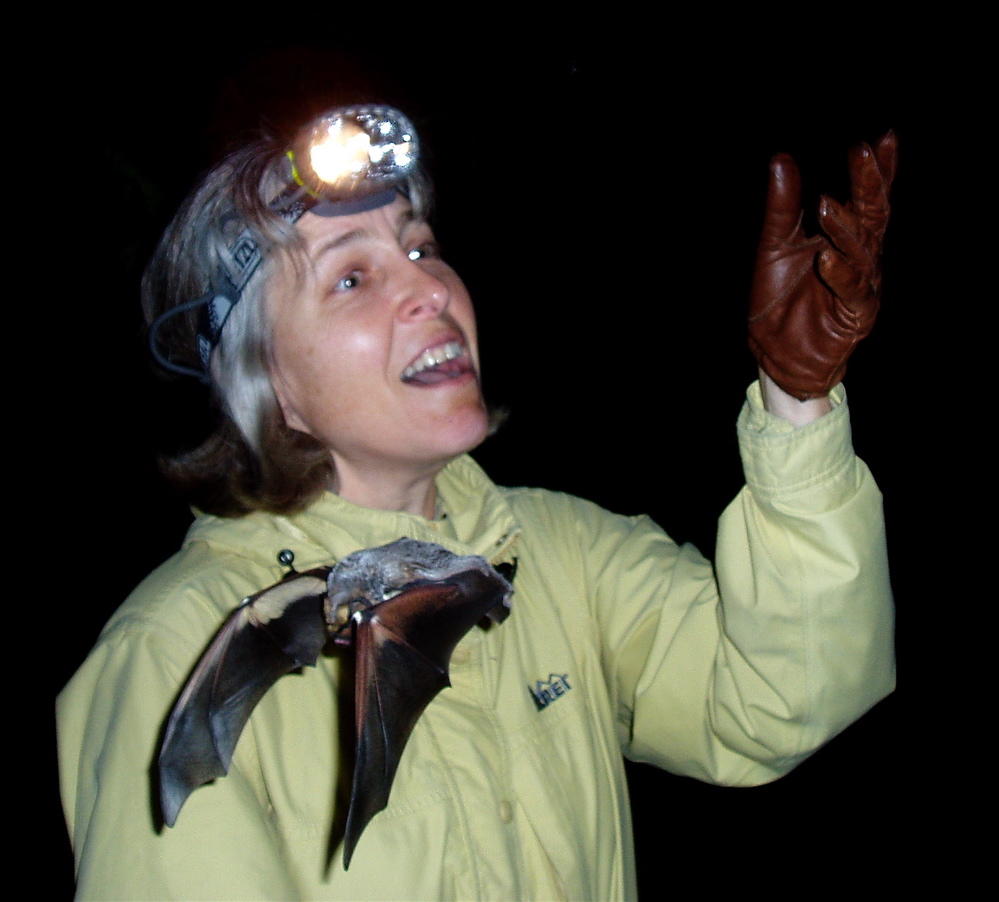Animals Behaving in Utah
This past week I attended the Animal Behavior Society annual meeting in Snowbird, Utah. I wanted to see what the field was about, what kind of research is going on, and particularly what's up in the area of bat behavior. Also I was shopping for graduate programs and advisors.
It turns out that the area around Snowbird is wildflower central in the summer. I was able to slip away to see the mind-blowing flowers and some cute wildlife.
Starting over is really hard. I didn't know anyone at all and it seemed all the other 400 people had embarrassing stories about each other. I didn't know what to expect from the sessions, or the social events, or even how to introduce myself -- I'm not a typical undergrad, nor am I a grad student. Most of the time I felt like someone standing outside and watching through a window.
I actually understood much of what was presented. I'm guessing that's because I've been interested enough in the field to have a good overview just from recreational reading. A good sign. I have a shopping list now for things I don't know yet: research methods for example. Exactly how is it that you can take a bit of animal poop and determine how stressed out it is, or if it's related to some other animal?
I managed to locate and hang out with some of the bat people, mainly those affiliated with Gerry Wilkinson from the University of Maryland.
Here are some interesting things I learned. These are not jokes - this is serious science.
- Bored killer whales in a theme park have figured out how to lure seagulls to their pens, and then jump up and eat them. They've taught the young ones how to do it too.
- In stalk-eyed flies, the longer the male's eye stalk, the more attractive he is to females.
- Prairie dogs have unique calls for different predators that are structured similar to human language.
- Bees are smarter than humans in many ways.
- Male katydids have evolved special call frequencies, but the females don't care.
- Male chimpanzees share meat they've caught just to keep the beggars from harassing them.
- Monkeys raised without a mother are more likely to become alcoholic.
- Dogs, when given a choice between two plates of hot dog slices, will choose the plate that has more.


0 Comments:
Post a Comment
<< Home